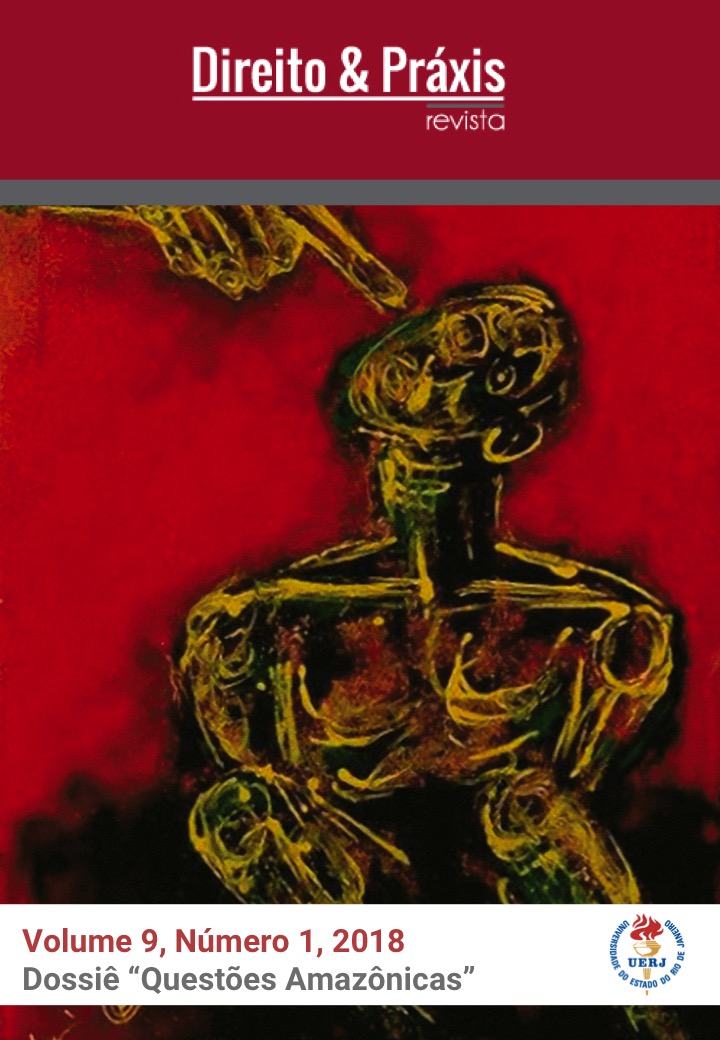De Rubens Paiva a Amarildo. E “Nego Sete”? O regime militar e as violações de direitos humanos no Brasil / From Rubens Paiva to Amarildo. And “Nego-Sete”? Military regime and human rights violations in Brazil
Palabras clave:
Amarildo, Tortura, Regime militar / Amarildo, Torture, Military regime.Resumen
DOI: 10.1590/2179-8966/2018/32431
Resumo
Partindo de um conhecido caso de violência policial ocorrido no Rio de Janeiro em 2013 – a prisão, tortura, morte e “desaparecimento” do pedreiro Amarildo, o artigo questiona a tese, comum entre os militantes de direitos humanos, de que as violações desses direitos praticadas pela polícia brasileira seriam uma “herança maldita” do regime militar. Sem negar que a ditadura tenha reforçado tais práticas, o artigo explora uma questão: se de fato prisões ilegais, torturas, mortes e até “desaparecimentos” foram uma invenção do regime, como explicar que, mais de trinta anos após a redemocratização do país, tais práticas continuem acontecendo? A hipótese sustentada é a de que tais práticas, em relação às classes populares, antecedem o regime, com ele conviveram e sobreviveram ao seu fim.
Palavras-chaves: Amarildo; Tortura; Regime militar.
Abstract
Starting from a famous case of police violence occurred in Rio de Janeiro in 2013 (the imprisonment, torture, death and “disappearance” of a mason called Amarildo), this article questions the thesis, common among human rights activists, that the violations perpetrated by the Brazilian police is a “cursed legacy” of the military regime. Albeit not denying that the dictatorship strengthened such practices, this article explores the following question: if indeed illegal imprisonment, torture, death and even “disappearance” were invented by the military regime, how can we explain, more than thirty years after democratization, the persistence of such practices? This article argues that the use of such methods against the “underclasse” already existed before the regime, and persisted despite its end.
Keywords: Amarildo; Torture; Military regime.
Descargas
Descargas
Publicado
Cómo citar
Número
Sección
Licencia
Los textos son de exclusiva responsabilidad de sus autores.
Se permite la reproducción total o parcial de los artículos de la Revista Derecho y Práxis, siempre que citada la fuente.
Este trabajo está licenciado bajo una Licencia Creative Commons 4.0, Asignación-Sin Derivaciones.
Esta licencia permite copiar y redistribuir el material en cualquier soporte o formato para cualquier fin, aunque sea comercial, desde que citada la autoría original.
This work is licensed under a Creative Commons Attribution 4.0 International License.



